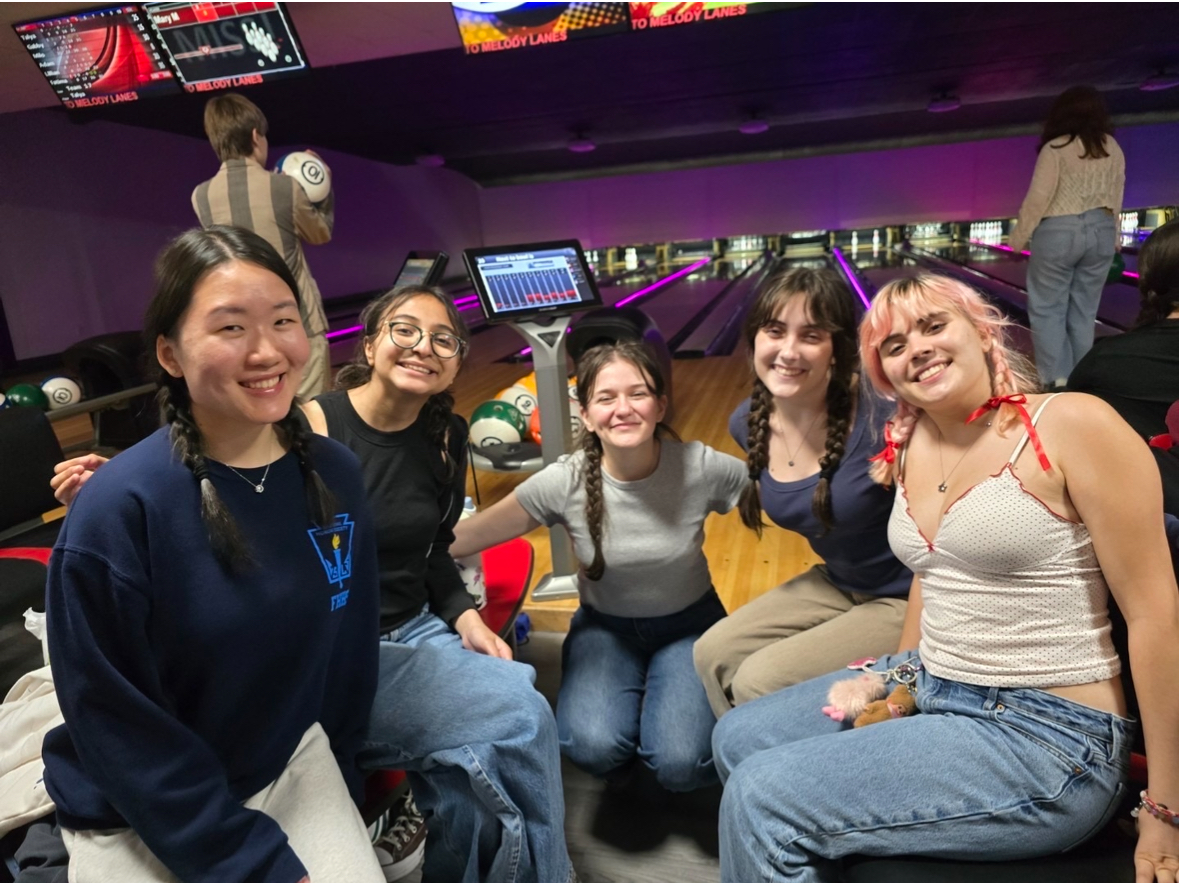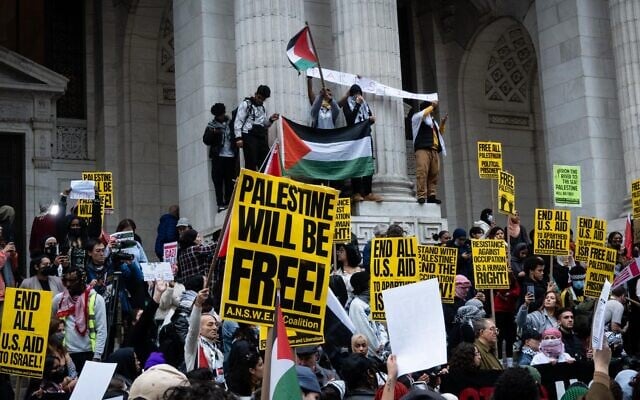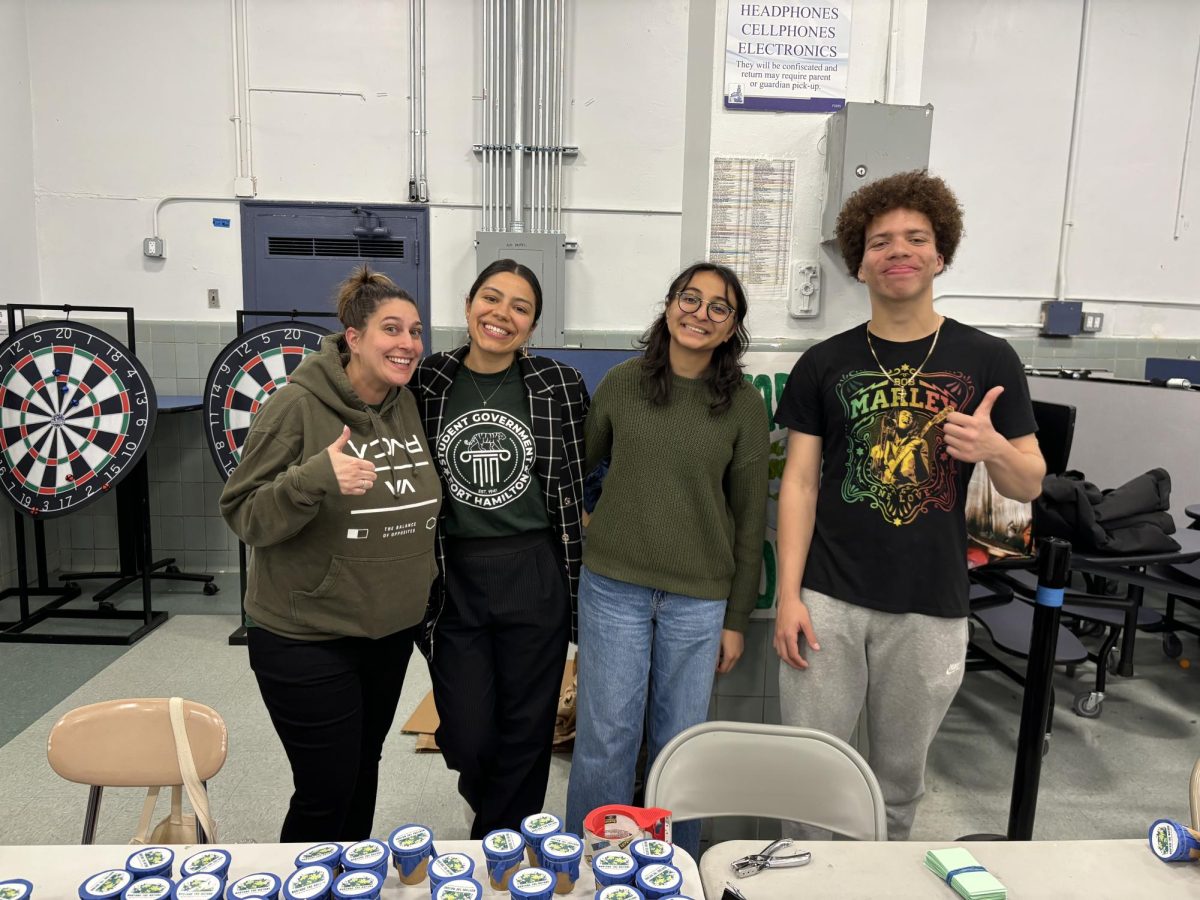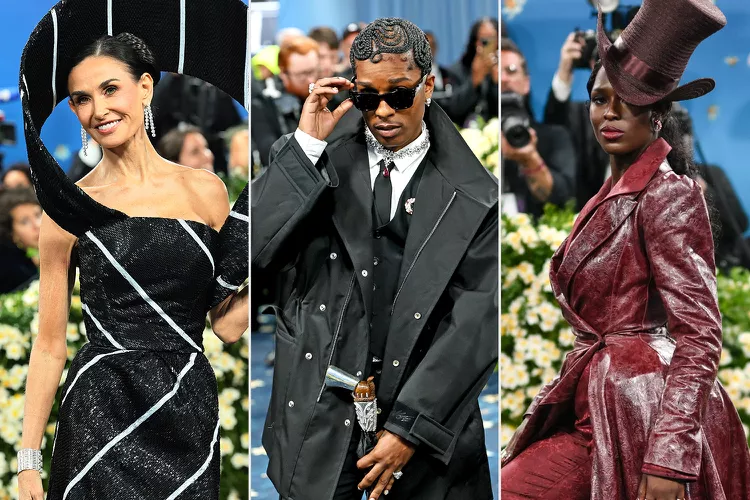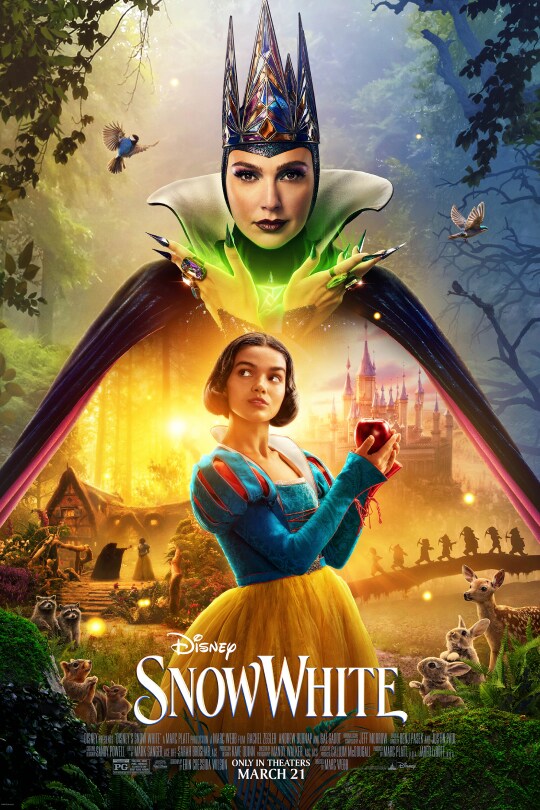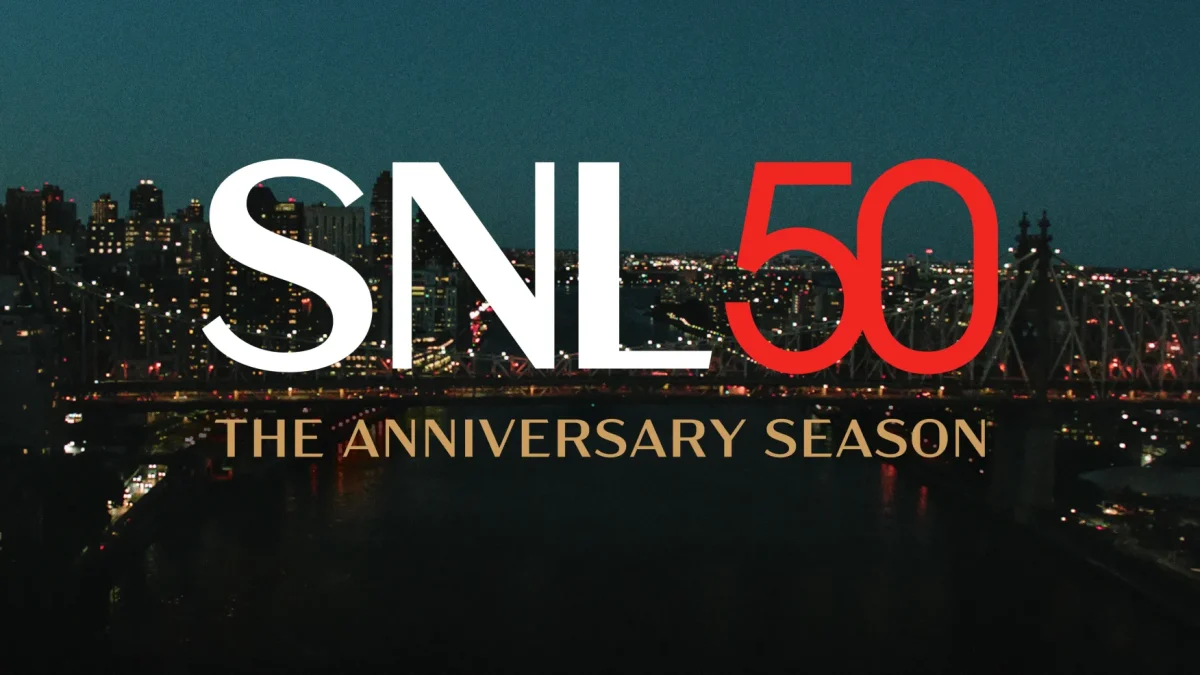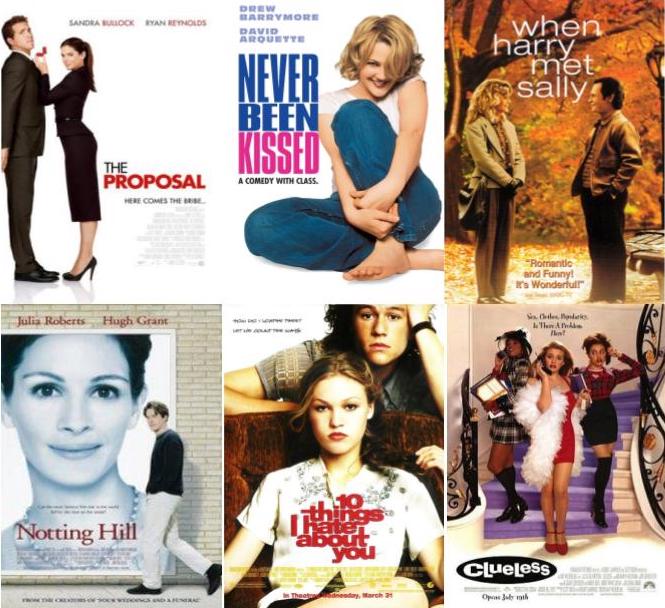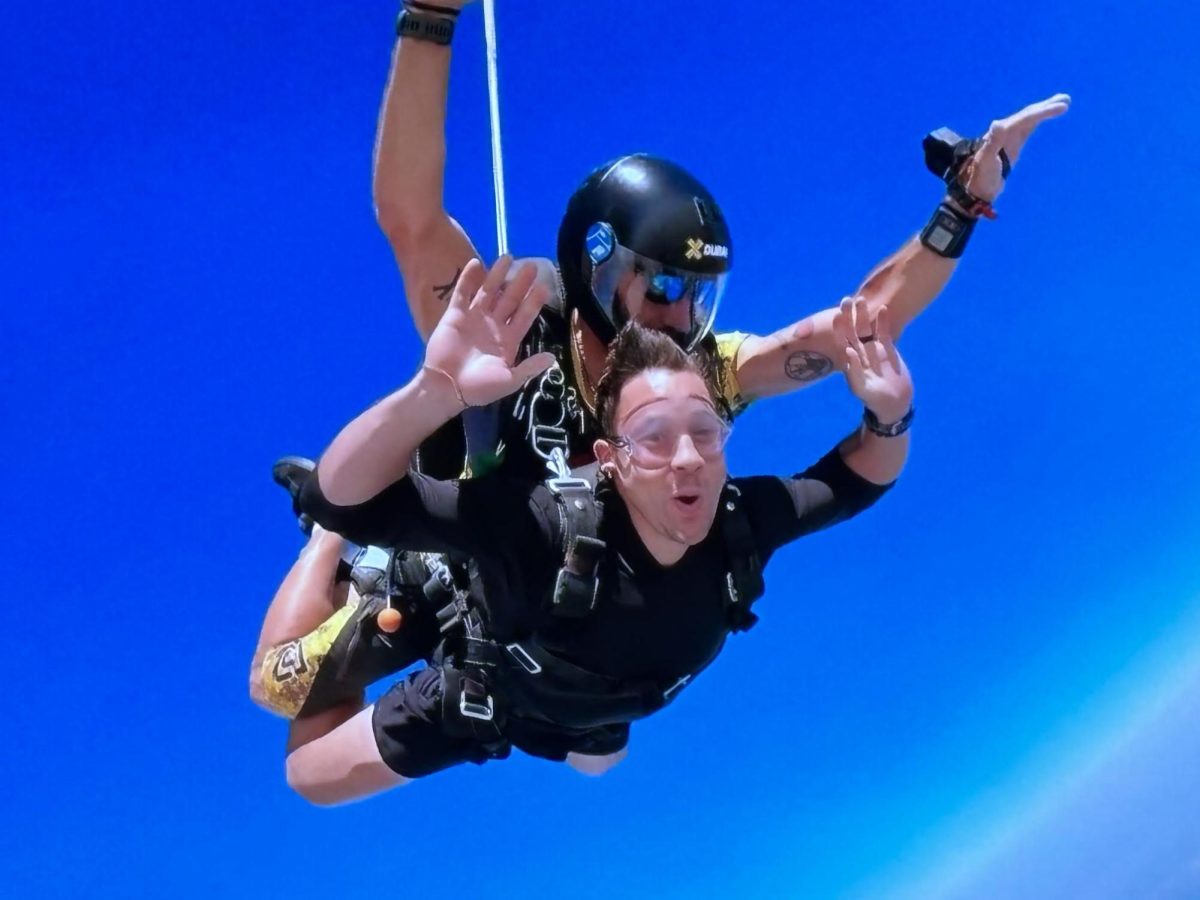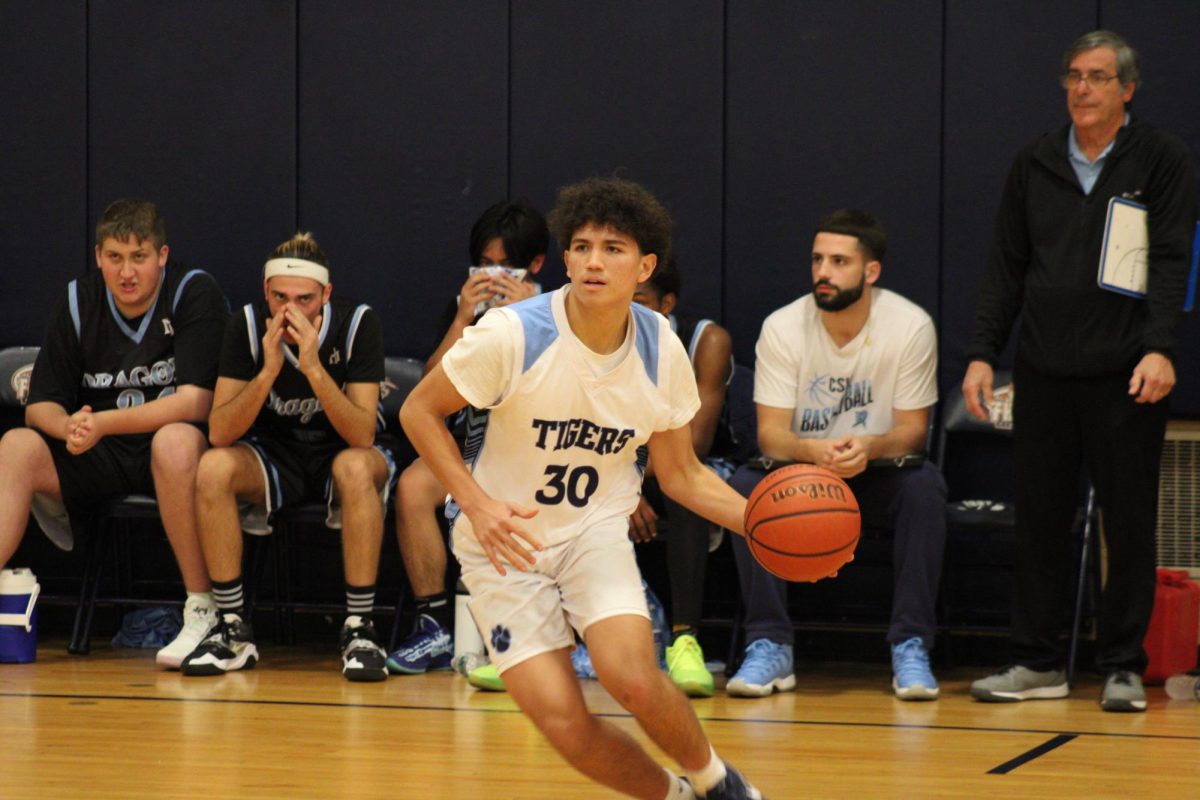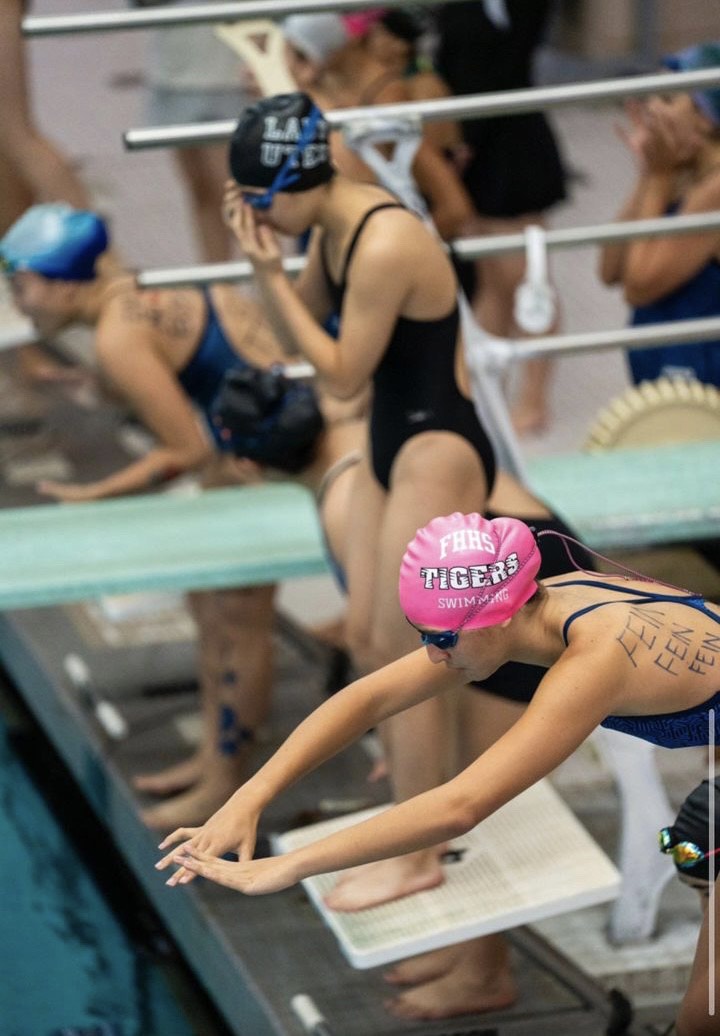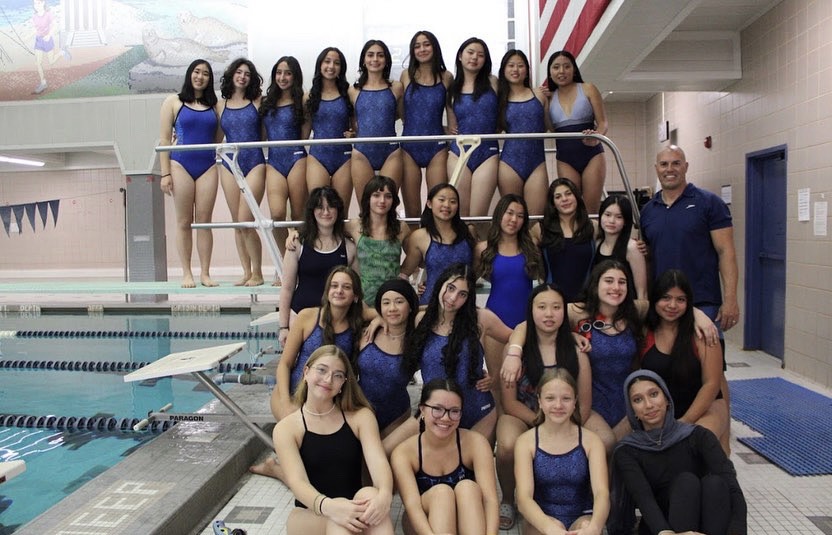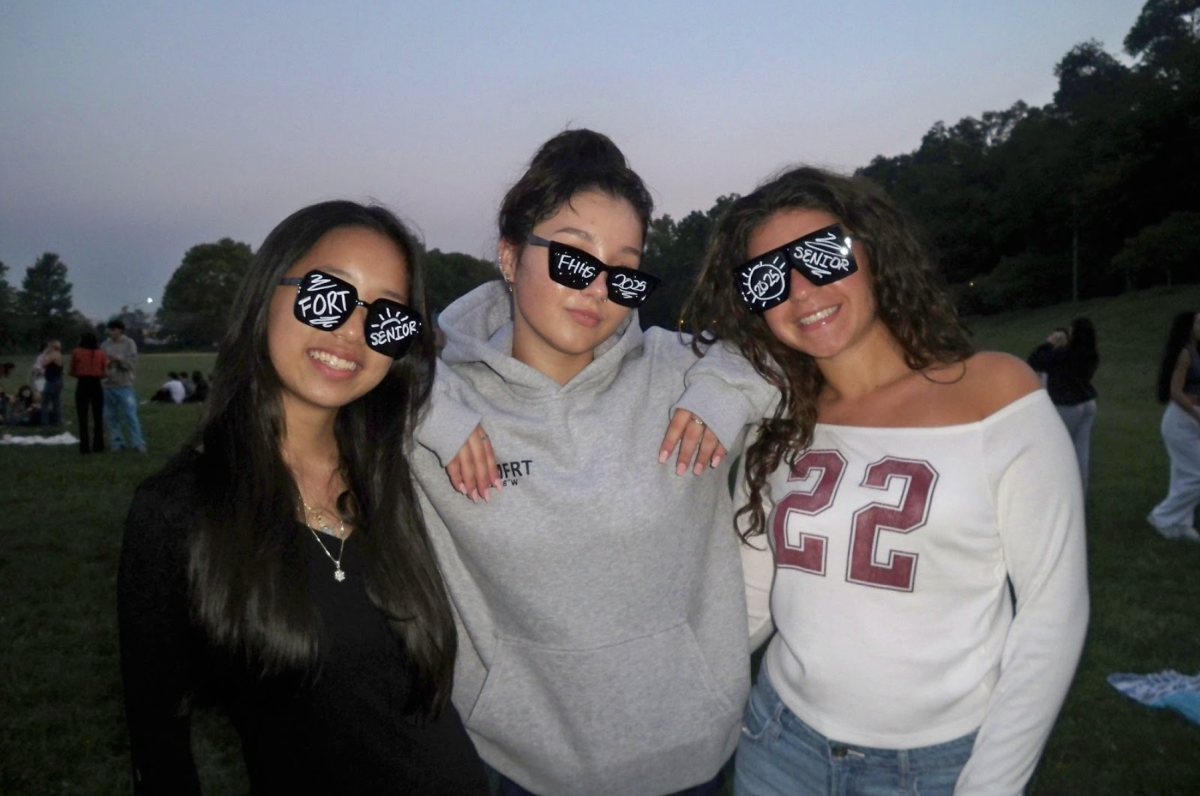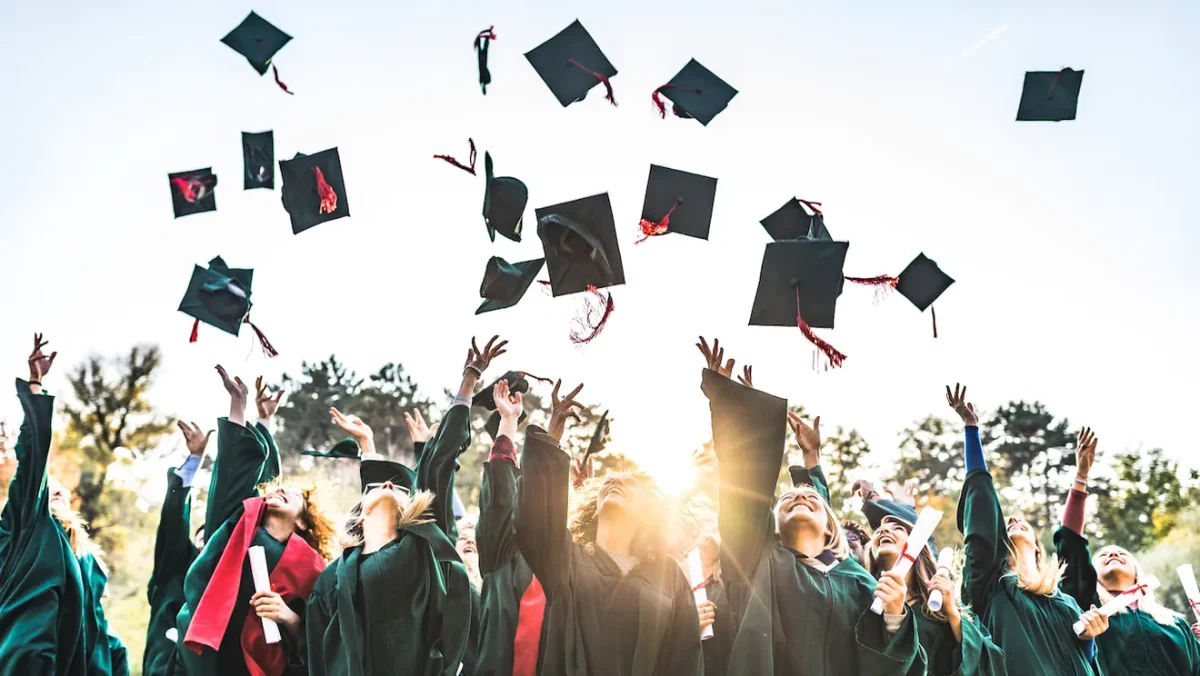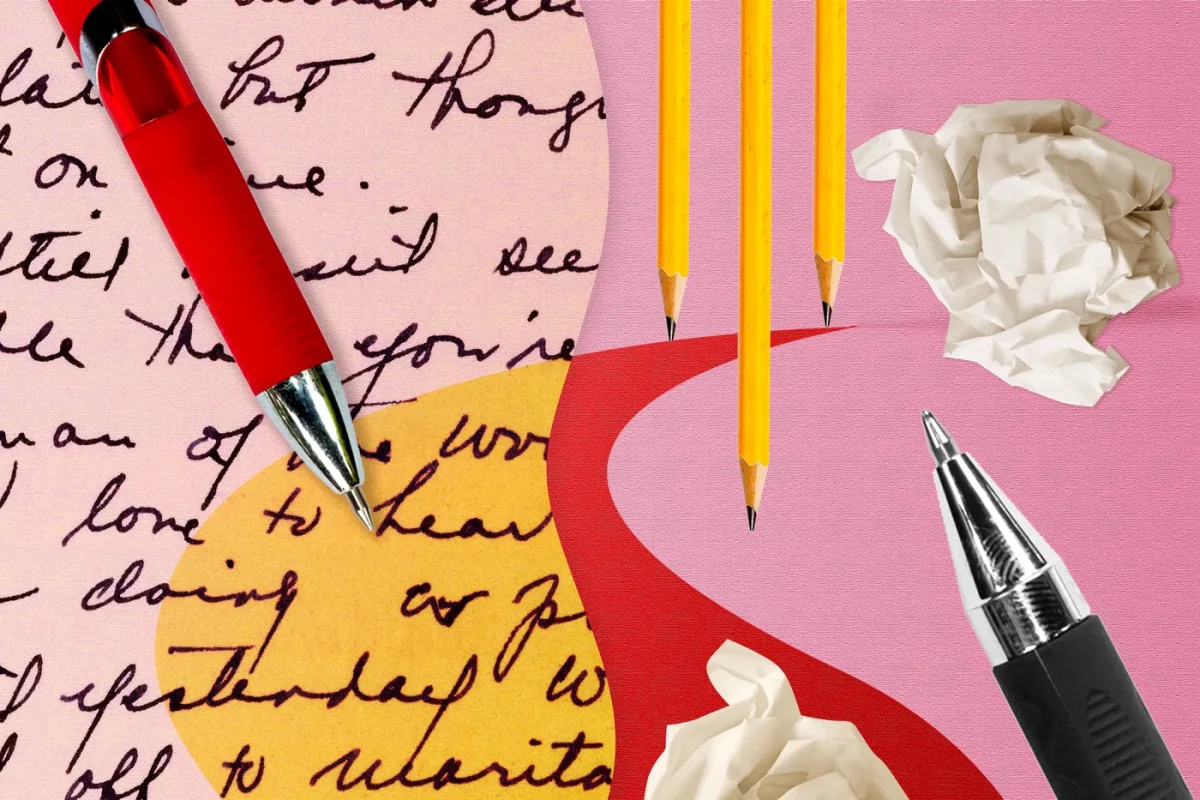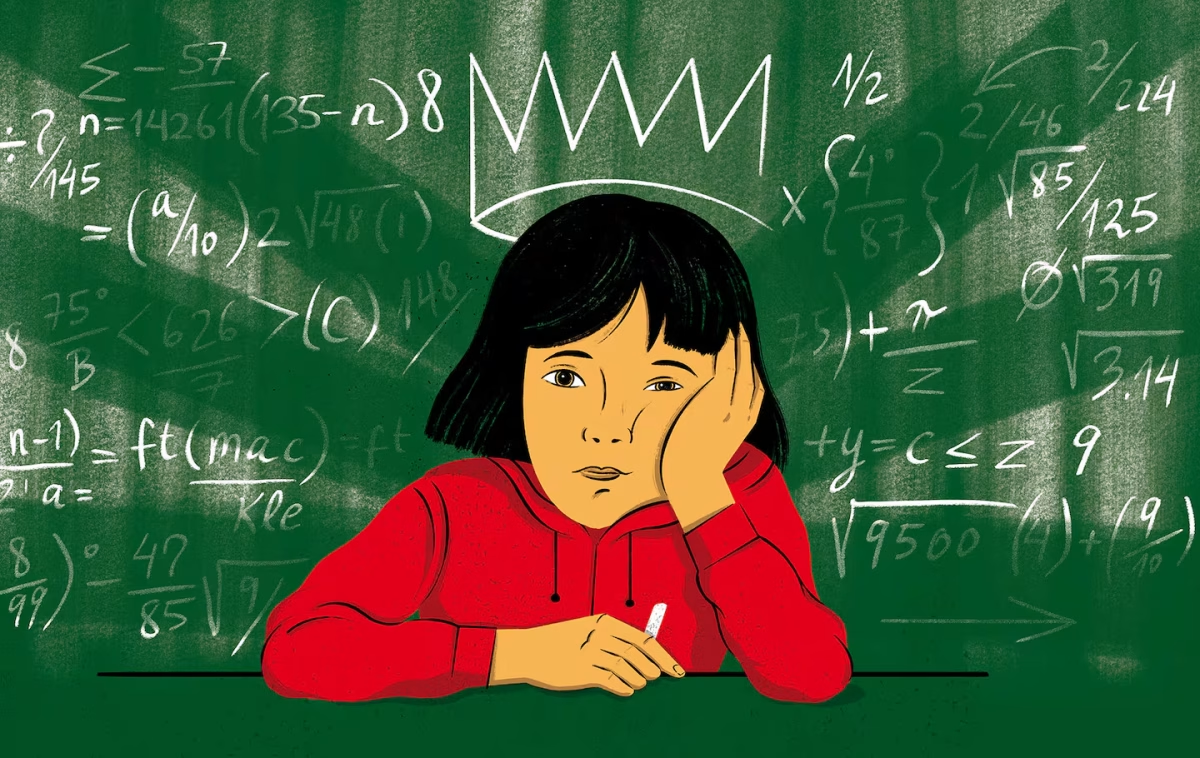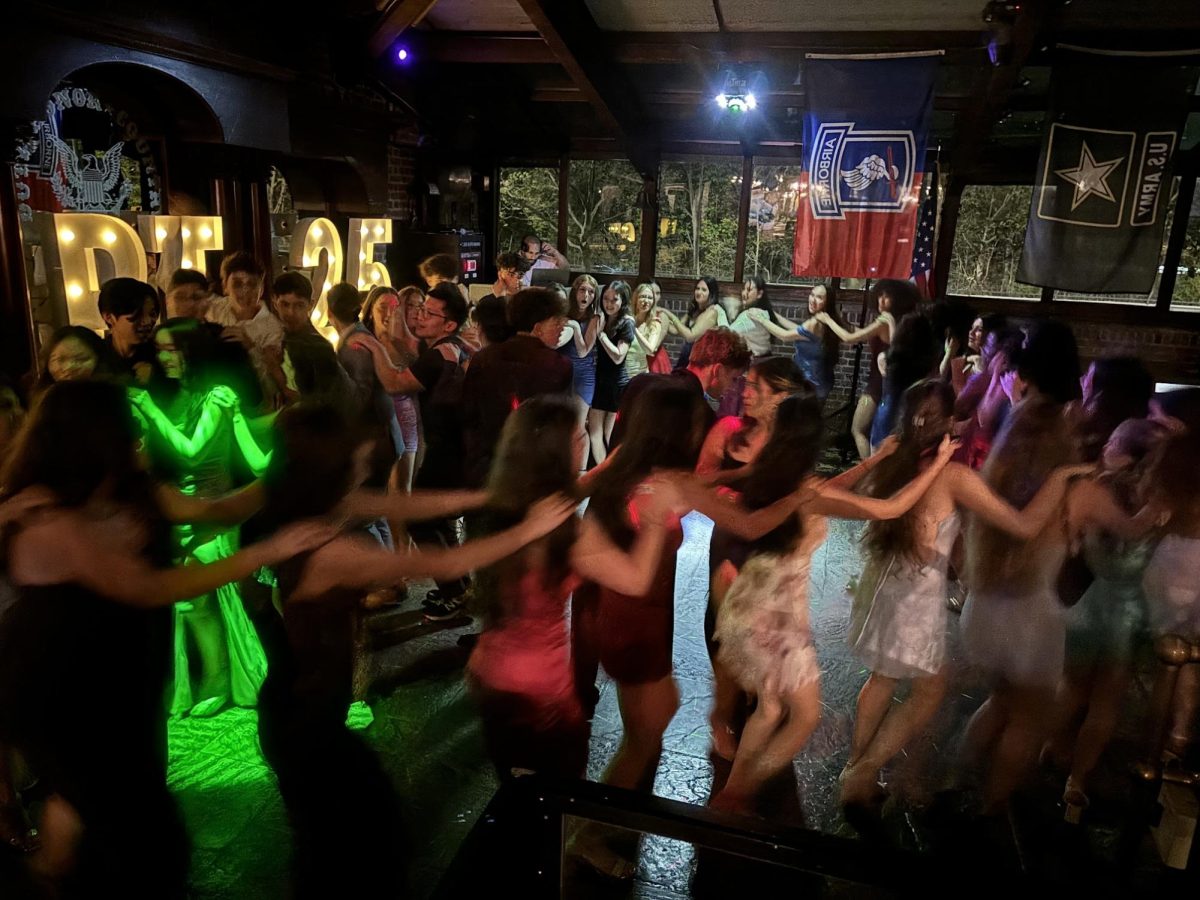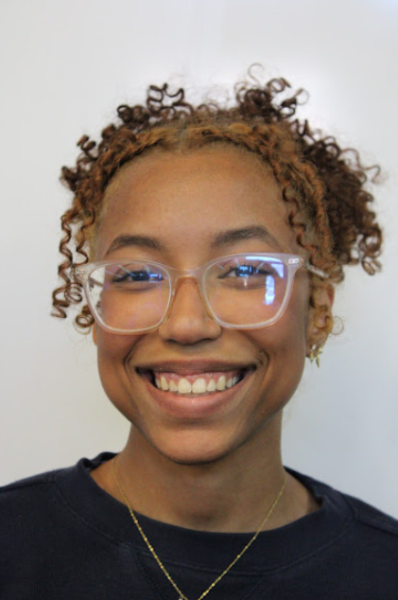In anticipation for the coming election, Fort students and staff found many different ways to be civically and politically engaged.
Ever since 2020, it seems as if teenagers are growing more intrigued by America’s political landscape. The Circle’s poll, “Youth and the 2024 Election,” found that 57% of eligible youth said that they were “extremely likely to vote.” This tracks with Harvard’s Youth poll in 2020, where 63% of eligible youth said they would “definitely be voting.” This rise in youth engagement emphasizes the need for students to have a reliable source of information regarding politics and the mechanics of voting.
The Political Science Club, run by Mr. DiBisceglie, an AP American Government and Politics teacher at Fort, explored the many facets of the American voting process, like the electoral college, what a red mirage and blue wave are, and how “battleground states” can affect an election’s results.
“It’s important for students to learn about the elections because students are going to participate in government,” he said. “Many students will end up being voters, and so you have to understand the process that way, but even if they don’t vote, they’re still going to be participating in government in various ways.”
Mr. DiBisceglie also discussed these factors in his AP Government and Politics class, his students gaining important information from the lesson.
“It was nice learning about it in school and learning the science behind it and how everything actually works,” said Sara Elazab, an AP Government student and a senior at Fort. “This election, I actually understood how the electoral college works and I was able to apply what I learned while watching the election.”
Teachers weren’t the only ones helping students gain further insight on the election — Black Student Union and Chicano Club collaborated on Tuesday, November 12th through their Pizza and Politics event to talk about how elections have historically affected their communities. They also discussed the various issues that are often considered by these communities, such as economic prosperity, worries about racial discrimination, and immigration policies.
“We got to eat pizza while learning about the election,” said Yousef Abusabe, a senior at Fort. “[We learned] who and what [each] minority voted for, and how different issues helped them choose who they would vote for.”
Some students also had the opportunity to become poll workers, where they watched over voting sites, assuring that the process went smoothly. This gave them the opportunity to get up close and personal with this crucial process of civic engagement.
As a teacher of government and politics, DiBisceglie emphasized the importance of students starting to participate in government at their schools.
“The election is just one aspect of government students really should be learning in school so that when they’re on their own and in society, they understand how government affects their life,” he said.

